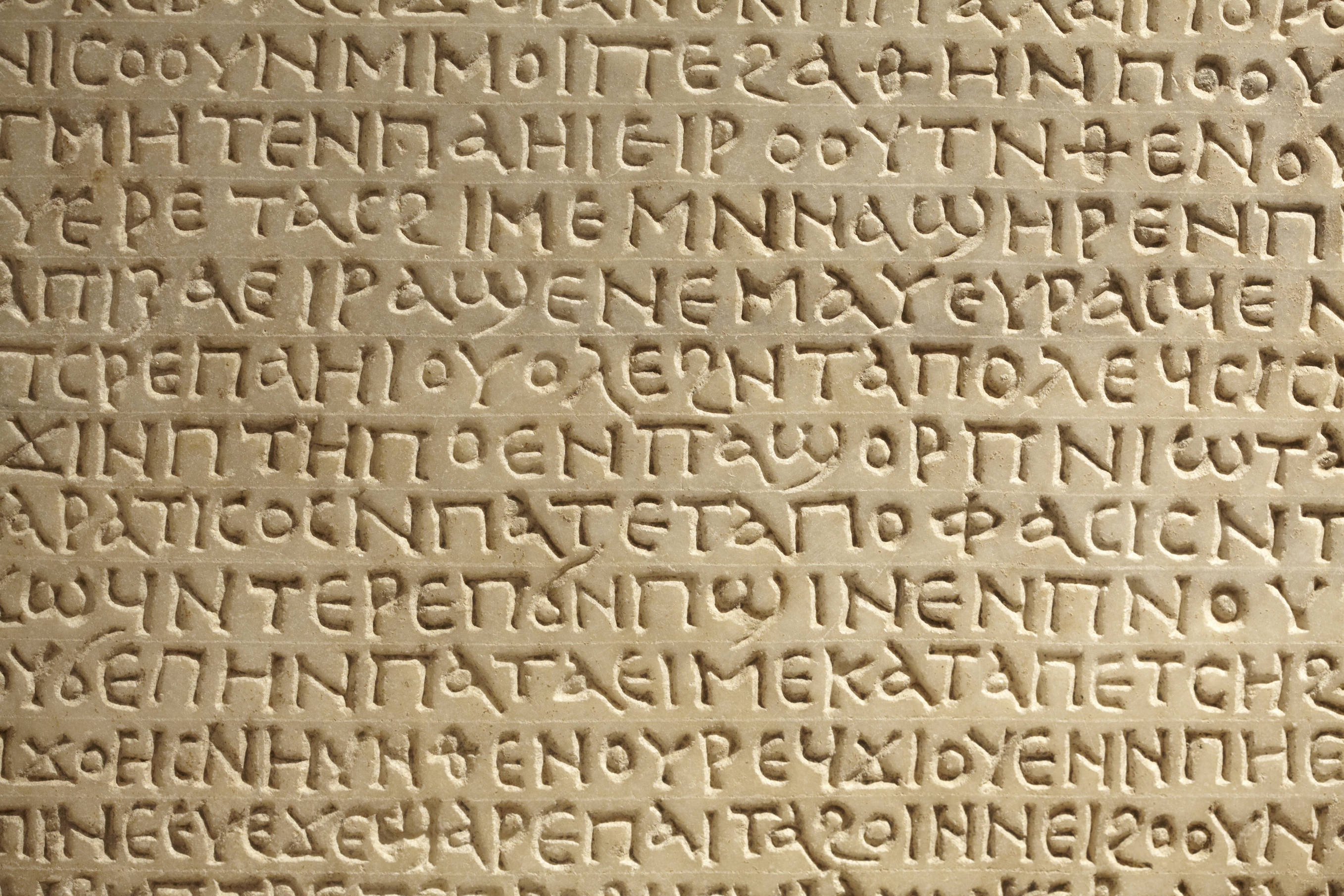

John Taylor, Greek to GCSE, books 1 and 2 You will need copies of the following three items: In addition, you will sit interim exams (30-minute paper) in Week 6 of term 1 and term 2: these will be diagnostic to make sure that you are on-track, and that you are consolidating the material covered in a timely way. Summer – main exam period 70% (2-hour paper).There are two formal exams during the course: This is a core module for first years of degree courses for which language is core (Classics Q800 and variants Classics and English) and who are not taking Greek Language & Literature (GLL) or Greek Literary Texts (GLT). Many students go on to the module Greek Language and Literature and read classical authors such as Xenophon, Euripides and Homer. This module provides the necessary basis for those who continue their study of the language. Students are encouraged to use the help that is always available to sort out any points of difficulty that arise and not get behind.


2nd year students who want to add to try Greek after a year of Latin, or begin Greek alongside further study of Latin.1st Year Q800 students who have no qualification in Greek.This module offers the opportunity to learn the basics of the classical Greek language and is designed for students who have little or no previous experience of the language. This will typically be studying Latin, perhaps for a year at Warwick or to GCSE, or taking a modern language at A level. The course goes quickly, so we look for evidence that you are confident in learning a new language. It's not necessary to have learnt Latin, but it is certainly helpful, and some acquaintance with another inflected language is very helpful indeed. Be assured " that the Latin once obtained, the Greek may be gotten with farre less labour, and every thing as certainly." Brinsley (1627) Ludus Literarius


 0 kommentar(er)
0 kommentar(er)
